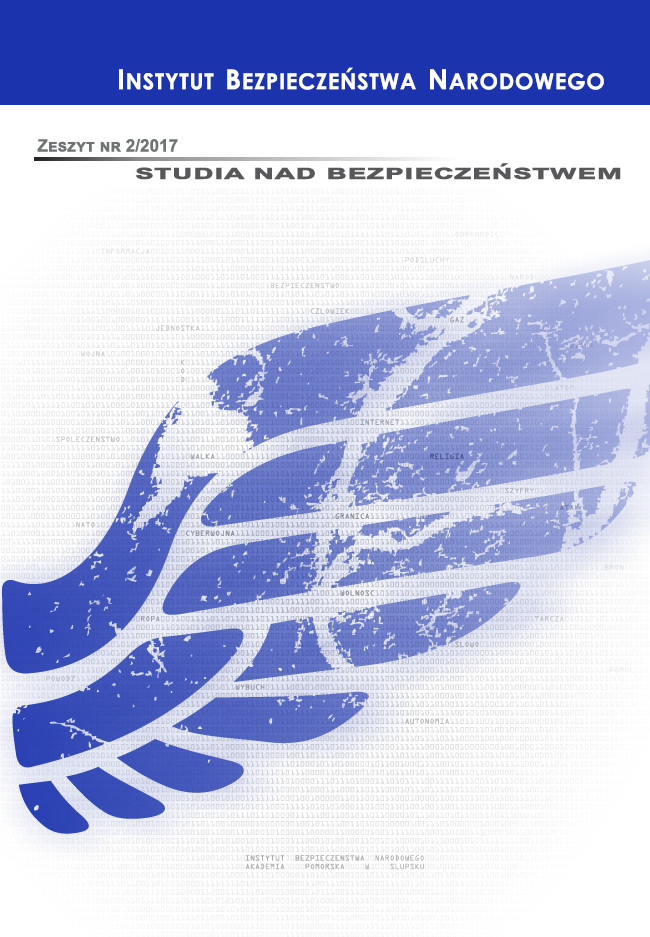Abstract
This article is dedicated to the psychosocial hazards associated with work in the con-text of the policy of occupational health and safety and work efficiency. In the introduction we point out the provisions of national and European law obliging the entrepreneur to control psychosocial risks in the workplace. The theoretical part of the article defines the concept of psychosocial risks, describes their classification and the social and economic conditions, and forecasts the long-term trends in their development. The empirical part of the article presents proposals for professional psychosocial risks in relation to Poland, based on a comparative analysis of the results of a study published in the reports ESENER-1 (2010) and ESENER-2 (2016), conducted by the European Agency for Safety and Health at Work. The analysis pooled the results of ESENER-2 for member countries of the European Union and identifies key messages in the field of prevention of occupational risks. In summary, the importance of psychosocial risk management strategies is highlighted in domestic enterprises, especially in the SME sector, where the problems are usually ignored.
This work is licensed under a Creative Commons Attribution 4.0 International License.
Copyright (c) 2021 Array
Downloads
Download data is not yet available.
